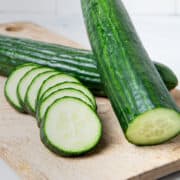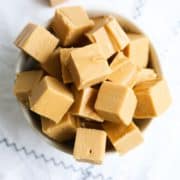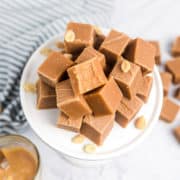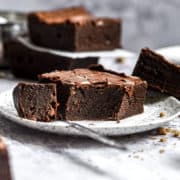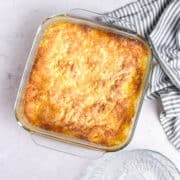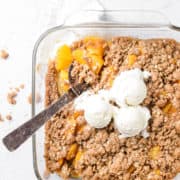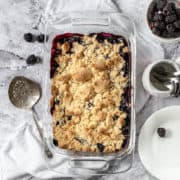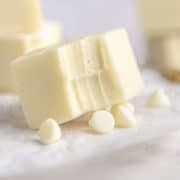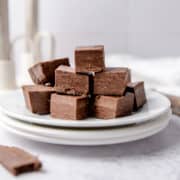Fresh cucumbers aren't difficult to store, but it's worth knowing a few handy tips so you can prolong the life of this tasty vegetable. Although cucumbers have a very mild flavor, they are versatile and work well in a variety of dishes and cuisines.
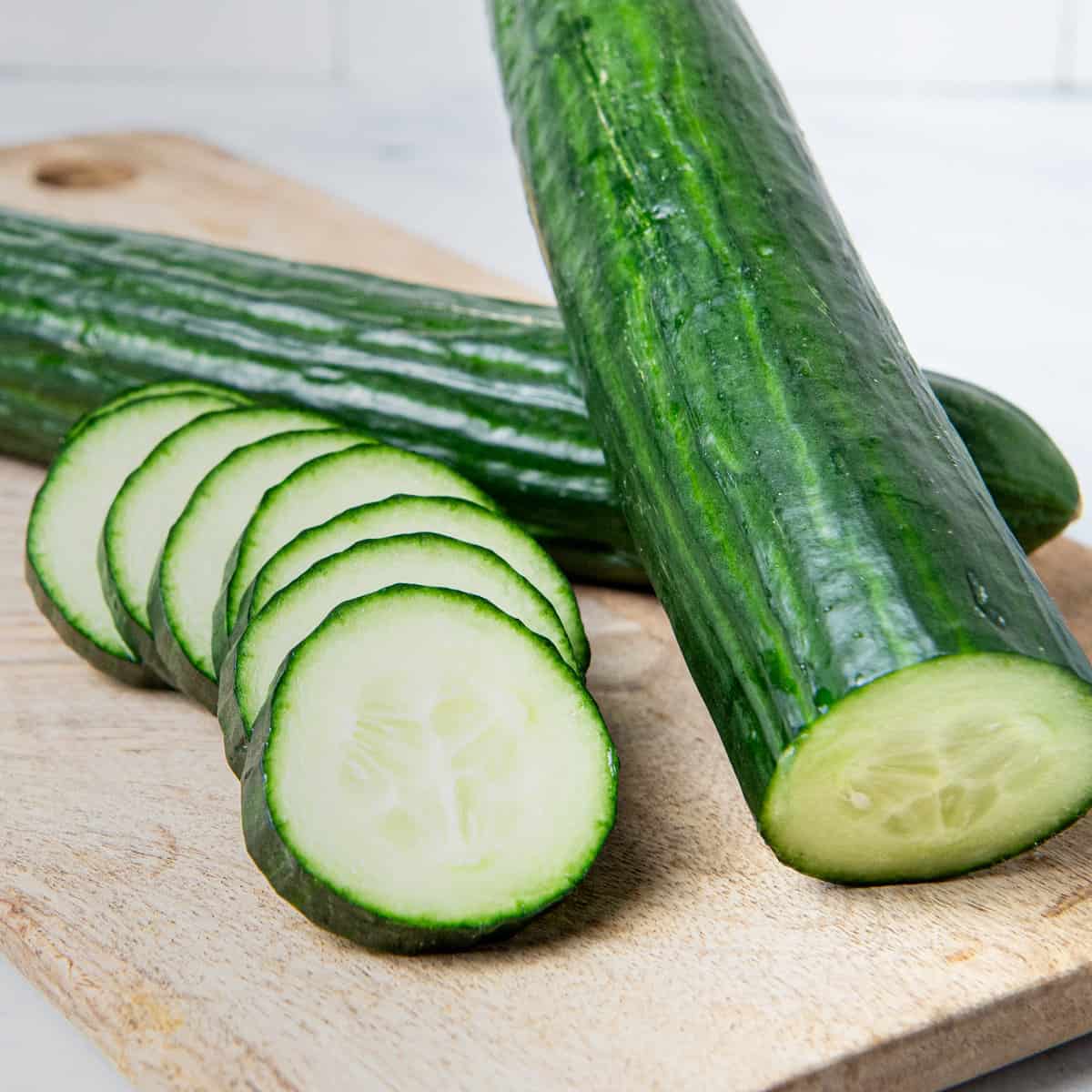
Jump to:
Most people enjoy the flavor of cucumbers and there is more than one type to choose from depending on your preferences, what dish you're preparing with them, and what the grocery store has in stock. They're versatile, economical ingredients to choose from. Although savory dishes such as salads are usually where you find cucumbers, they can be used in some dessert recipes such as Mexican popsicles.
I almost always like to add cucumber to my salad recipes during the summer, whether I'm making a simple Greek salad or something similar. One of my favorites is to add rice wine vinegar, black pepper, and a pinch of sugar to thin slices of cucumber, then let them marinate while I make the rest of the meal. This makes an unusual and great side dish for an Asian main course!
What are Cucumbers?
Cucumber (Cucumis Sativus) is a creeping vine that produces cylindrical shaped fruits. Cucumbers are classified as a "pepo", or a type of botanical berry, but it's typically prepared as a vegetable. There are 3 main varieties of cucumbers: slicing, seedless, and pickling, and there are cultivars of each of these.
Originally from India and South Asia, cucumbers grow all over the world now. They can grow up to 24 inches long and up to 4 inches wide. Cucumbers have a high water content of about 95%.
Slicing cucumbers, or Persian cucumbers, are the variety grown to eat fresh. They have tougher skins than European cucumbers, which are also known as telegraph cucumbers or English cucumbers. These are typically sold in plastic wrap to protect the thinner skin from damage.
Cucumbers to make pickles (known in some places as cornichons or gherkins) are usually uniform in length, shorter, and narrower than the other types. Another variety is the seedless or "burpless" cucumber, which is supposedly easier to digest. Any of these can be served as a healthy snack or used to prepare one.
Cucumbers have been cultivated for some 3,000 years in Asia, in France since the 9th century, in England since the 14th century, and in North America from the middle of the 16th century.
How to Choose the Best Cucumbers
Good cucumbers should be dark green and firm. Soft spots, blemishes, and yellow spots mean the cucumber is overripe and at this point, it might smell rotten too. Wrinkled cucumbers have either been stored at too high of a temperature or have been stored for too long.
Something else to bear in mind is you can get waxed or un-waxed cucumbers. Waxing them can help them last longer and not lose so much moisture, but only organic waxed cucumbers use non-synthetic waxes. If you prefer no wax, you can find these at natural food stores, farmers' markets, and some co-ops.
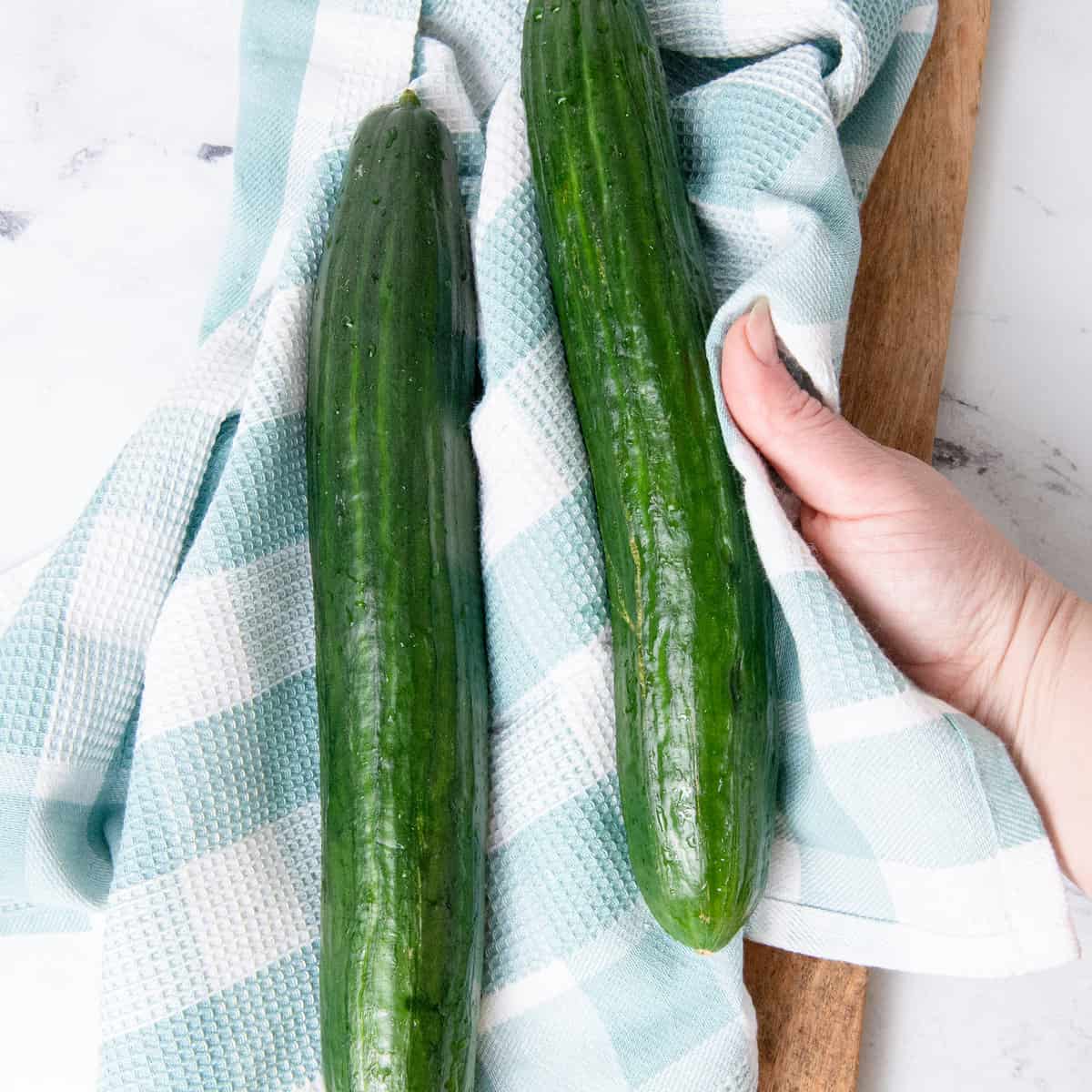
How to Store Cucumbers
The best way to store cucumbers is to keep them refrigerated in the crisper drawer, but there are different ways to prep them first. Here are some tips about the best place to keep them and how long they should last:
- Unwaxed, unwrapped cucumbers should go in the crisper drawer of the fridge. However, they can suffer from "cold injury" after a couple of days and only have a shelf life of 2 or 3 days. Wrap them tightly in plastic wrap yourself and you might get a week out of your cold cucumbers. Alternatively rinse them in cold water, dry off any excess water, and wrap them in paper towels or put them in an airtight container.
- Use the same storage method for cucumbers wrapped in plastic and/or waxed and use them within 2 weeks maximum. Keeping them wrapped or wrapping the leftover part will cut off the air circulation which would otherwise reduce their shelf life. Keep them in the warmest part of the fridge, near the front of the fridge, since they can spoil fast if they get too cold.
- Cucumbers can also be stored at room temperature, perhaps on the kitchen counter, for up to a week. Ensure they're not exposed to direct sunlight though.
- Never freeze cucumbers or else they will go brown and mushy. Something you could do though is freeze the juice in ice cube trays and then you can add them to gin and tonic, water, or other beverages to cool them down while adding a hint of flavor.
How to Tell when Cucumbers Have Gone Bad
Since most of us use cucumbers from time to time, and they don't keep that long, we have all encountered an expired one at some point. A rotten cucumber will be mushy in places and wrinkled because of age and moisture loss. There might be an unpleasant smell too.
Common Questions
The typical choice here is baby cucumbers which are picked before they can grow to their full size. The smaller the cucumber, the faster it will ferment. There are various pickle recipes including dill pickles, sweet pickles, bread and butter pickles (the kind you find on a burger), and more besides.
If you're planning to use it within a week, simply keeping it in the fridge should be fine. To get even more time from uncut cucumbers though, you could wrap the cukes in paper towels before putting them in a plastic bag. Cucumbers are 95% water, after all, so if any excess moisture does get out the paper towels should absorb it. Change the damp paper towel for fresh ones as and when needed, but don't expect cucumbers to last for a long time.
Bananas, melons, tomatoes, and some other fruits produce ethylene gas which is a ripening agent. Cucumbers are sensitive to it though and will spoil quicker if sharing space with off-gassing fruits. For this reason, keep them away from fruits in the refrigerator or else they'll spoil quicker.
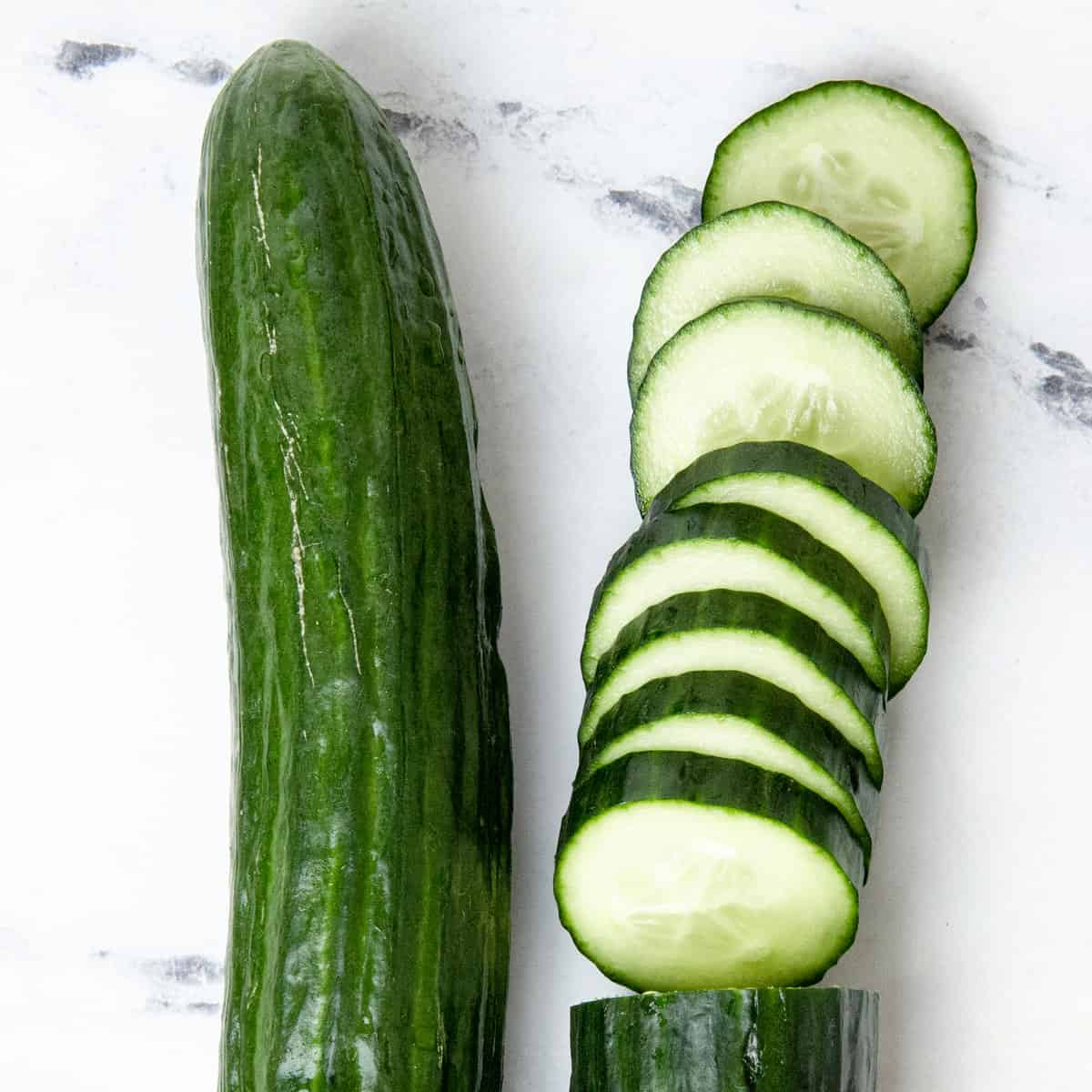
Interesting Facts
- Despite being 95% water, cucumbers contain folic acid, iron, Vitamins B1, B2, B3, B5, B6, and Vitamin C, potassium, calcium, magnesium, zinc, and phosphorus.
- Rubbing a cucumber slice over a fogged-up bathroom mirror gets rid of the fog and gives your bathroom a spa-like aroma!
- Cucumbers can cool the blood, skin, and body, hence the saying "cool as a cucumber".
Knowing the right way to store whole cucumbers and sliced cucumbers are useful knowledge to have. There are different storage methods as described above, and cucumbers are a refreshing, cooling ingredient that goes beautifully in salad recipes and can also be used to make appetizers, snacks, or side dishes.
